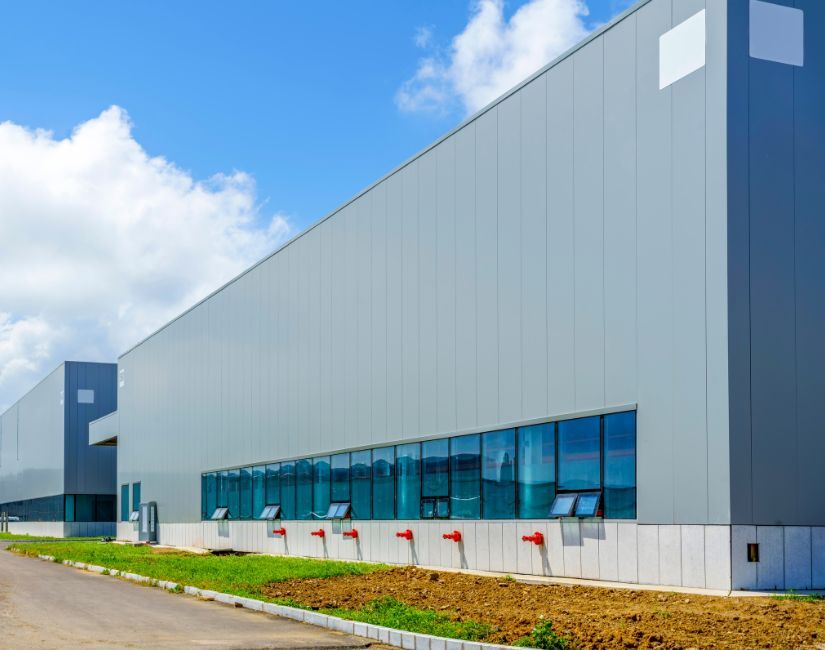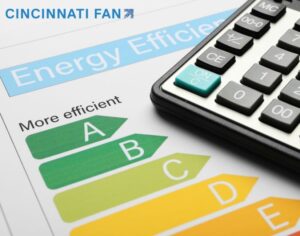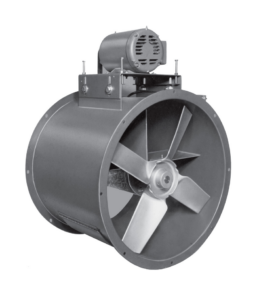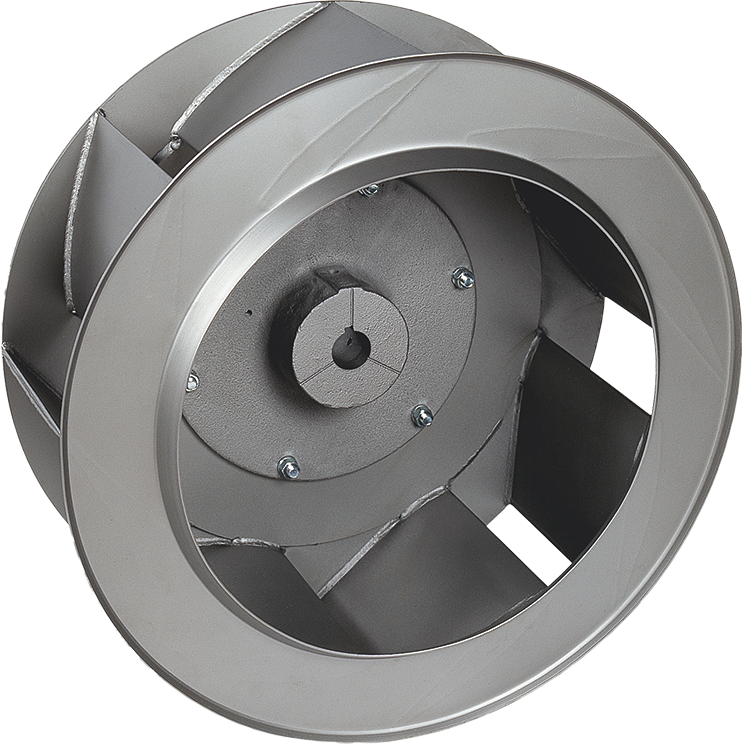 Optimizing the ventilation system for a manufacturing facility isn’t just about moving air. It’s about maintaining compliance, ensuring worker safety, and maximizing efficiency.
Optimizing the ventilation system for a manufacturing facility isn’t just about moving air. It’s about maintaining compliance, ensuring worker safety, and maximizing efficiency.
The Importance of the Right Fan for Efficiency and Compliance
Industrial centrifugal fans play a critical role in controlling air quality, regulating temperatures, and supporting production processes. Choosing the right fan for your facility can help you meet strict environmental regulations, reduce energy costs, and avoid costly downtime.
The Problem: Meeting Airflow Needs Without Overspending
The challenge for many facility engineers lies in meeting airflow and environmental requirements without overspending on oversized equipment, or compromising performance with an undersized fan. A poor selection can result in higher operating costs, inadequate air circulation, and even non-compliance with air quality standards. The wrong choice doesn’t just affect the bottom line, it can also impact worker comfort and safety.
Solution 1: Assessing Facility Needs and Fan Specifications
Before you begin comparing models, start by understanding your facility’s exact ventilation demands. Key considerations include:
- Airflow Requirements – Measure the cubic feet per minute (CFM) needed for your processes.
- Static Pressure – Determine the resistance in your system caused by ducts, filters, and equipment.
- Operating Environment – Consider temperature, humidity, and any airborne particulates or corrosive elements.
- Efficiency Goals – Balance performance with energy savings to reduce operational costs.
- Compliance Needs – Ensure the fan meets or exceeds all relevant environmental and safety regulations.
Working with precise data will help you identify the right fan type, size, and configuration, whether that means a backward-inclined, radial-blade, or other centrifugal design.
Solution 2: Partnering with Reputable Vendors for Custom Solutions
Even the most experienced engineers can benefit from expert input when selecting a fan. Partnering with a reputable industrial fan manufacturer ensures that you receive a solution that’s designed to your facility’s needs. Look for a supplier that offers:
- Custom engineering support to match your system’s airflow and pressure requirements.
- Transparent cost-benefit analysis so you understand the ROI.
- Proven track record with case studies and testimonials from similar industries.
- Strong after-sales support including installation guidance, training, and maintenance services.
The right partner will sell you a fan, but they’ll also help ensure it integrates seamlessly into your existing system and continues to perform reliably for years.
Improving Airflow For Optimal Productivity and Safety
The key to optimizing operations is to align your airflow system so that it delivers peak performance. When axial fans are correctly sized and well placed, with advanced airflow modeling, manufacturing facilities will reap the benefits of:
- Dependably consistent temperatures
- Cleaner, healthier indoor air quality
- Optimized HVAC energy efficiency and lower costs
- Decreased risk of downtime from equipment problems
Benefits of Being an Informed Buyer
When you take the time to assess your facility’s needs and work with a trusted supplier, you get a ventilation solution that improves efficiency, supports compliance, and protects your workforce.
Cincinnati Fan has decades of experience providing high-performance centrifugal fans customized to the unique requirements of manufacturing facilities. Our team of experts can guide you from initial specification through installation, ensuring your investment delivers lasting value.
Ready to choose the right industrial fan for your facility? Contact Cincinnati Fan today to discuss your application and find the perfect solution. Ready to purchase a fan? Request a quote or find a fan rep now.


 Energy-Saving Strategies for Industrial Fans Without Compromising Performance
Energy-Saving Strategies for Industrial Fans Without Compromising Performance  Optimizing Airflow in Manufacturing Plants with Axial Fans
Optimizing Airflow in Manufacturing Plants with Axial Fans 